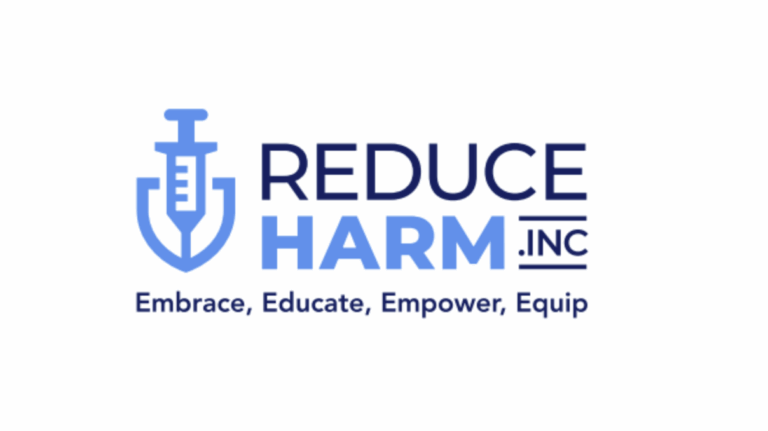Welcome to Reduce Harm Inc.’s transformative Language and Harm Reduction training course, “Words Hurt, Words Heal.” This innovative program is designed to explore the profound impact of language on the harm reduction movement and equip participants with the skills to communicate effectively and compassionately in diverse settings.
Why Choose “Words Hurt, Words Heal” Training:
-
Critical Reflection:
Engage in critical self-reflection and dialogue to recognize and address unconscious biases and language patterns.
-
Practical Skills:
Gain practical communication tools and techniques to navigate challenging conversations and advocate for harm reduction principles.
-
Community Building:
Foster a sense of belonging and connection within the harm reduction movement by promoting inclusive and affirming language practices.
-
Social Change:
Contribute to broader social change by challenging stigma and discrimination and promoting social justice and human rights for individuals impacted by substance use.
Join Us in Transforming Language for Harm Reduction:
Enroll in “Words Hurt, Words Heal” training and become an agent of change in promoting language that uplifts, empowers, and heals. Together, we can create a more compassionate and equitable society for all.
Reduce Harm Inc. – Embrace, Educate, Empower, Equip.
Curriculum
- 5 Sections
- 0 Lessons
- 1 Day
- Examine Language Dynamics:Explore the significance of language in perpetuating stigma, discrimination, and marginalization of people who use drugs. Understand how language choices can reinforce harmful stereotypes or promote dignity and respect.0
- Learn Harm Reduction Language:Acquire a repertoire of harm reduction terminology and best practices for communication. Discover inclusive language strategies that prioritize the autonomy, agency, and humanity of individuals affected by substance use.0
- Practice Effective Communication:Hone communication skills for engaging with diverse stakeholders, including peers, clients, policymakers, and the general public. Develop strategies for fostering empathy, active listening, and non-judgmental dialogue.0
- Address Stigma and Bias:Identify and challenge common myths, misconceptions, and biases surrounding substance use. Learn how to counter stigmatizing language and attitudes with evidence-based information and compassionate messaging.0
- Promote Healing and Empowerment:Explore the transformative potential of language in promoting healing, resilience, and empowerment. Cultivate a culture of care, understanding, and solidarity within harm reduction communities.0
Target audiences
- Harm Reduction Personal
